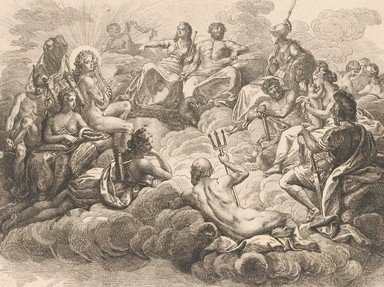
A Baker's Dozen of Deities Trivia Quiz
PIck the Twelve, er, Thirteen Olympians
The ancient Greeks had lots of deities in their religion. There are Titans, Muses, nymphs, etc., and then there are the Twelve Olympians. Actually, make that Thirteen - some sources name a certain goddess and others a certain god instead.
A collection quiz
by gracious1.
Estimated time: 3 mins.